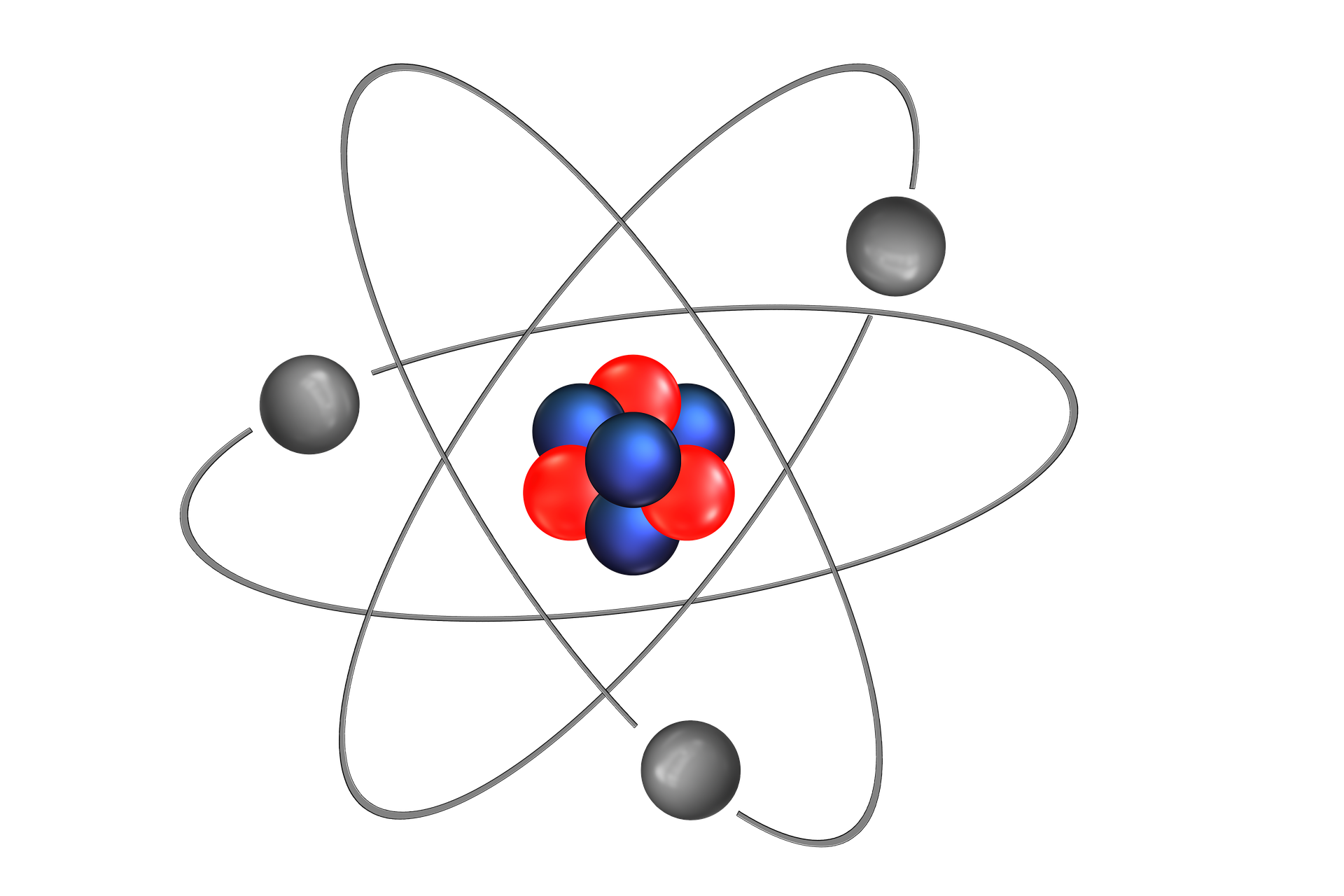Lithium
Lithium is a chemical element, which belongs to the alkali metals. Its name comes from the Greek word lithos, which means stone. In its elemental state, it is a silvery metal. Since it is highly reactive, it occurs in nature only in its ionic compounds. It is found in traces in several plants, planktons, and invertebrates, but does not play a role in vital biological processes.
Lithium affects the flow of sodium in the body’s nerve and muscle cells, and sodium affects, among other things, the prevention/development of certain psychiatric illnesses. Lithium is most commonly used in the form of its various salts (lithium carbonate, lithium citrate) to stabilize mood, treat manic depression (bipolar disorder) and schizophrenia.
Bipolar disorder is characterized by cyclical changes in the period between manic-depressive and euphoric. One such period can last for a few days, weeks, or even years. During a period of depression, the patient may feel indifferent, sad, hopeless, have a sleeping disorder, and have suicidal thoughts, while in the euphoric cycle, they are quick to act, thoughtless, and their sensation of fear ceases.
Lithium helps prevent or reduce the intensity of these manic episodes. The specialist will gradually adjust the patient’s lithium level to multiple, constant levels with the lithium-containing medicine.
Some lithium is excreted in the kidneys, so long-term lithium treatment can cause kidney problems and hypothyroidism.
What does the test show?
The test shows the concentration of lithium in the blood.
In which cases is it recommended to perform the test?
Examination of lithium levels is recommended before lithium therapy, to monitor the used therapy, or when lithium poisoning is suspected, with symptoms including muscle tremors, confusion, vomiting, and diarrhoea.
What sample is needed for the test?
A blood sample taken from a vein is needed for the test.

What can the result indicate?
Extremely high lithium levels can cause loss of consciousness and muscle cramps, and in the worst case, can even lead to death.
What to do after the test?
The test alone cannot diagnose any disease, and in all cases consult an internist or haematologist to determine the exact diagnosis and necessary therapy.

